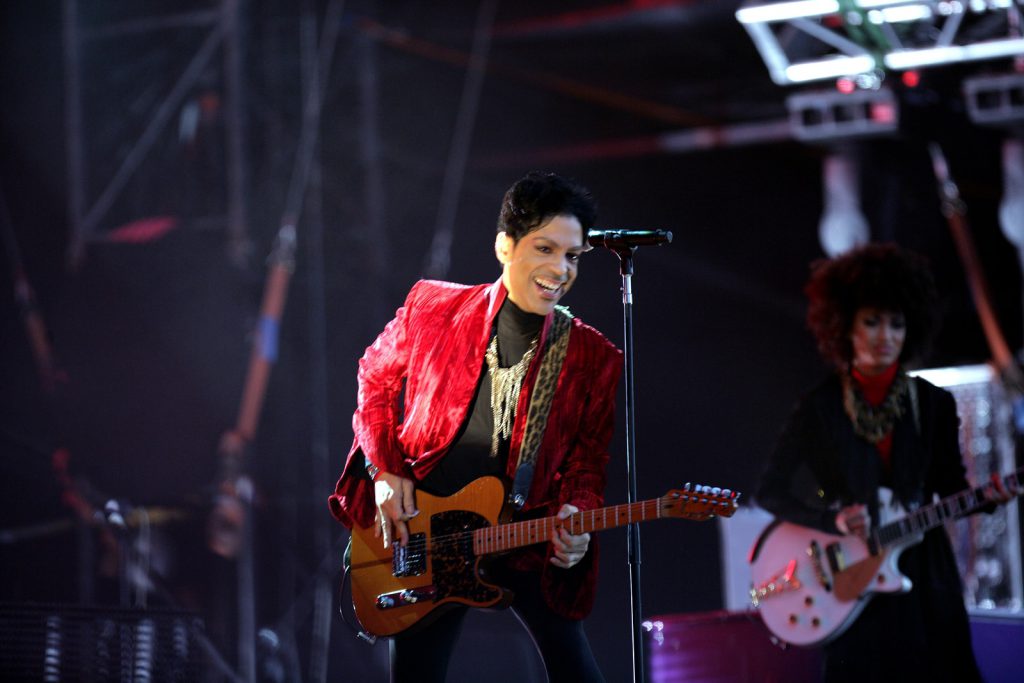Maybe leadership isn’t the quality that first comes to mind when considering Prince, the musician who passed away recently at the age of 57.
Born Prince Rogers Nelson, he was known first and foremost as a dynamic performer and exceptional multi-instrumentalist whose music showed a mastery of the multiple genres that he wove together seamlessly.
However, in an article in The Washington Post, writer Jena McGregor makes an argument for the hit-making star as a leader of musicians as well as in the fields of musicians’ rights and artistic control.
Certainly, Prince was a gifted bandleader. His groups, including the Revolution and New Power Generation, “made every show seem both thoroughly rehearsed and improvised,” according to Prince’s obituary in the New York Times. That’s especially impressive considering that Prince was known for spontaneity onstage, performing lesser-known songs or tunes by anyone from Sly & the Family Stone to Joni Mitchell at the spur of the moment.
Also, Prince was a leader in using the internet for distributing music. He released his 1998 triple-CD “Crystal Ball” on his own NPG label. Unavailable in stores, the album was sold via a 1-800 telephone number or by ordering online.
You Might Also Enjoy: Low B12 Levels in Brains of those with Autism, Schizophrenia
Prince saw the possibilities of the internet but also saw the pitfalls. While he was one of the first to use it to sell his CDs and communicate with fans, he was no fan of the free use scenarios. He pulled all his videos from YouTube and went so far as to sue anyone who posted his music online. His music is available for streaming only on Tidal, the service founded by rapper Jay-Z.
That’s because Prince has been a leader in the fight for artists’ rights. It began in the 1990s when Prince signed a new multimillion dollar contract with Warner Bros., the label that signed him in 1978 at age 19.
Prince soon experienced buyer’s remorse, as the contract gave Warner Bros. ownership over all of the music he had produced for the label, including such mega-hits as “Purple Rain,” “1999” and “Sign o’ the Times.”
He protested by changing his name to the unpronounceable symbol he already had used as the title of a 1992 album, and writing “SLAVE” on his face for public appearances.
Many saw the move is career suicide, and he did spend many years releasing albums of increasingly obscure music to an increasingly small audience.
He retained enough clout, though, to be able to sign one-off deals and release more accessible albums on various major labels, beginning with 2004’s “Musicology.” As if to prove he knew what he was doing all along, Prince re-signed with Warner Bros. in 2014, inking a deal that gave him ownership of his catalog.
Prince’s music no doubt always will be the greatest part of his legacy. His pioneering use of the internet and battles for artists’ rights, however, establish him as a leader in whose footsteps countless artists will follow.






